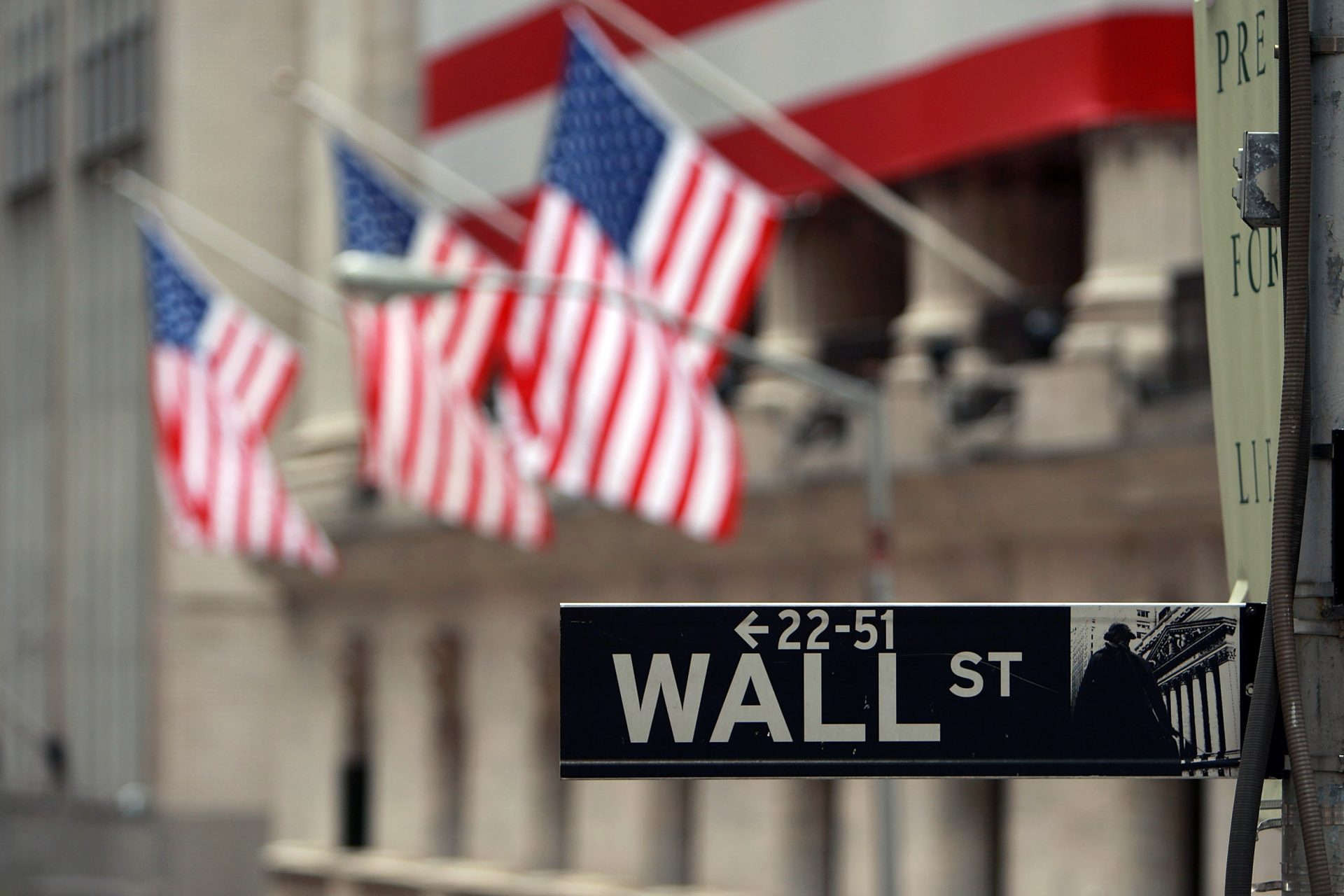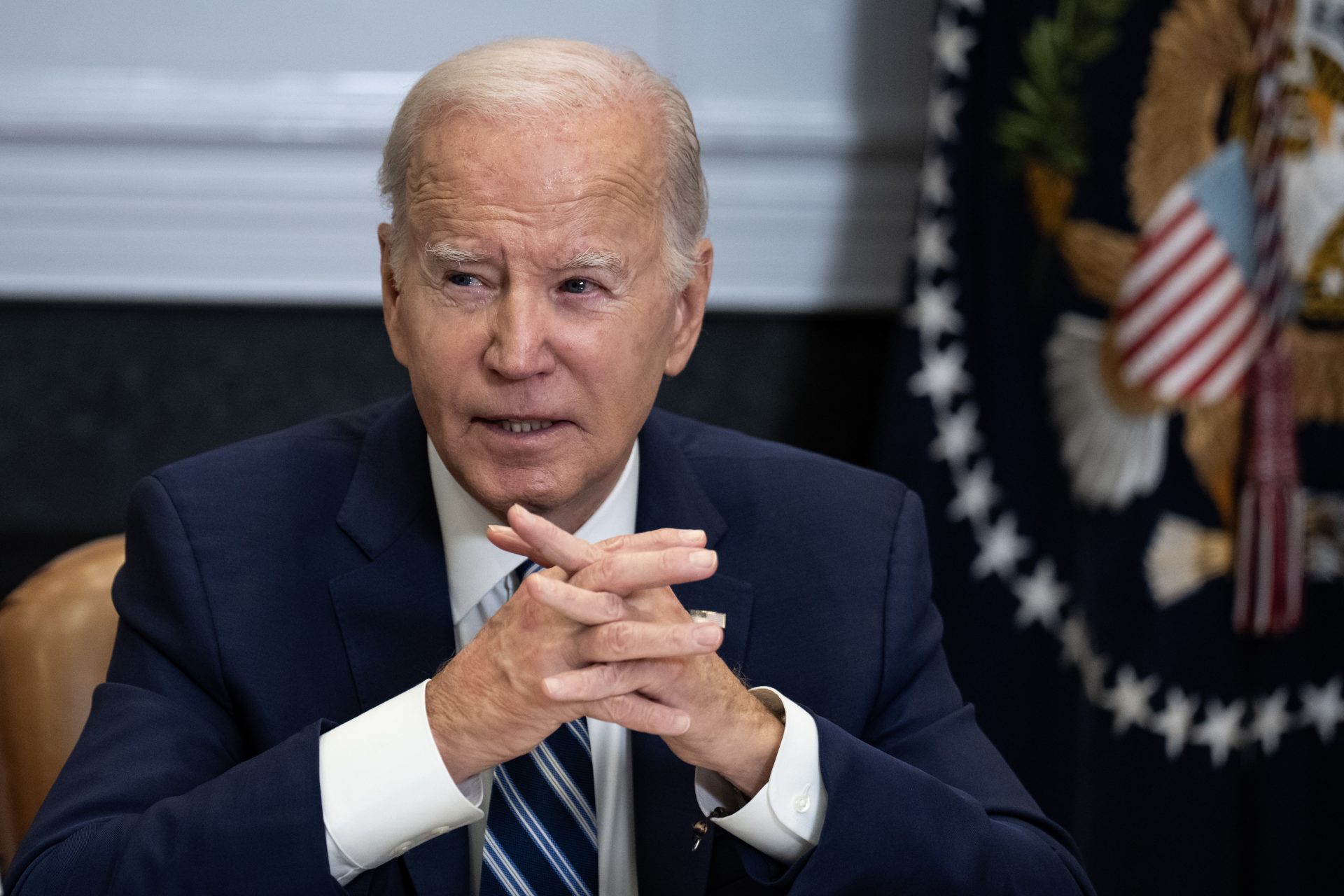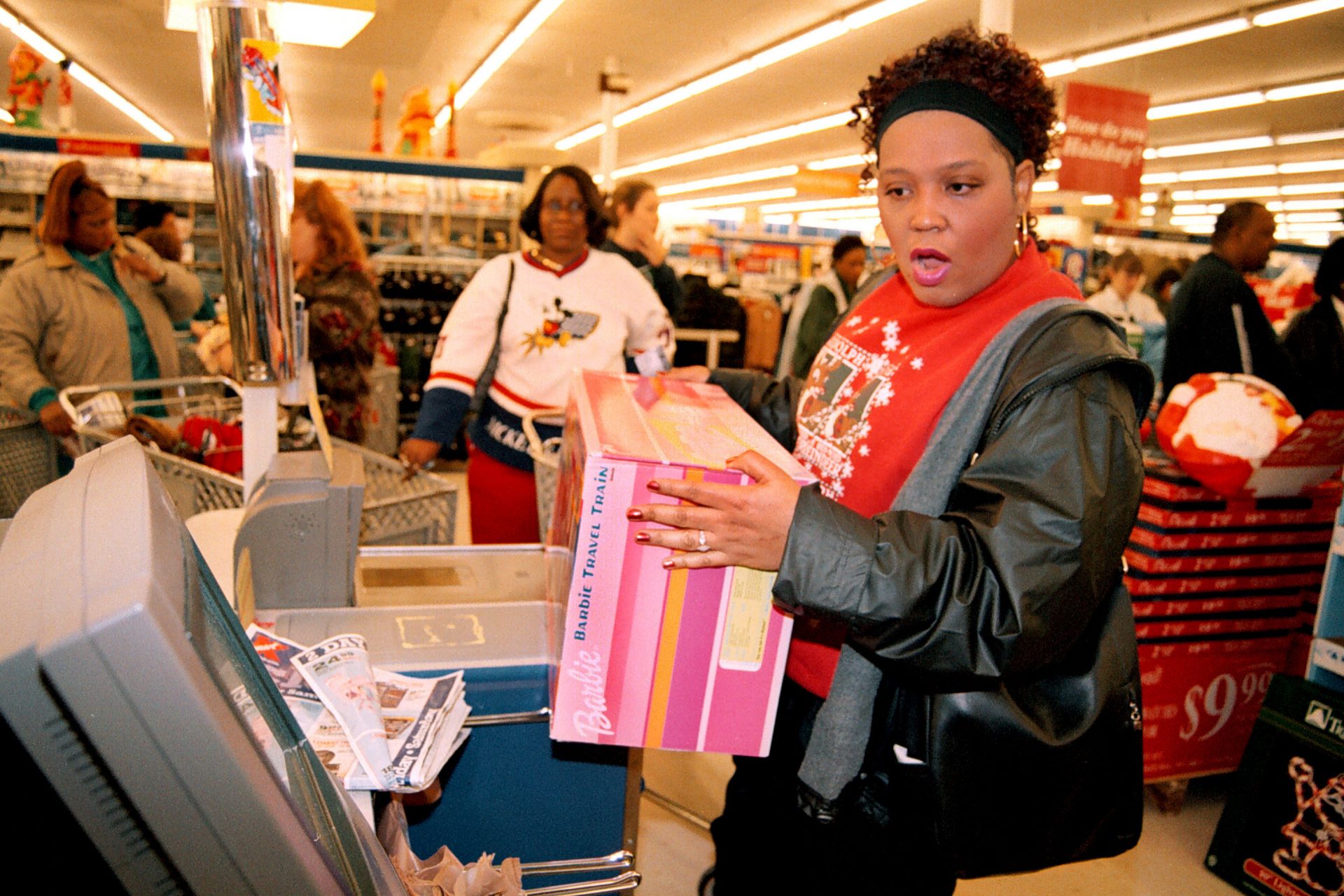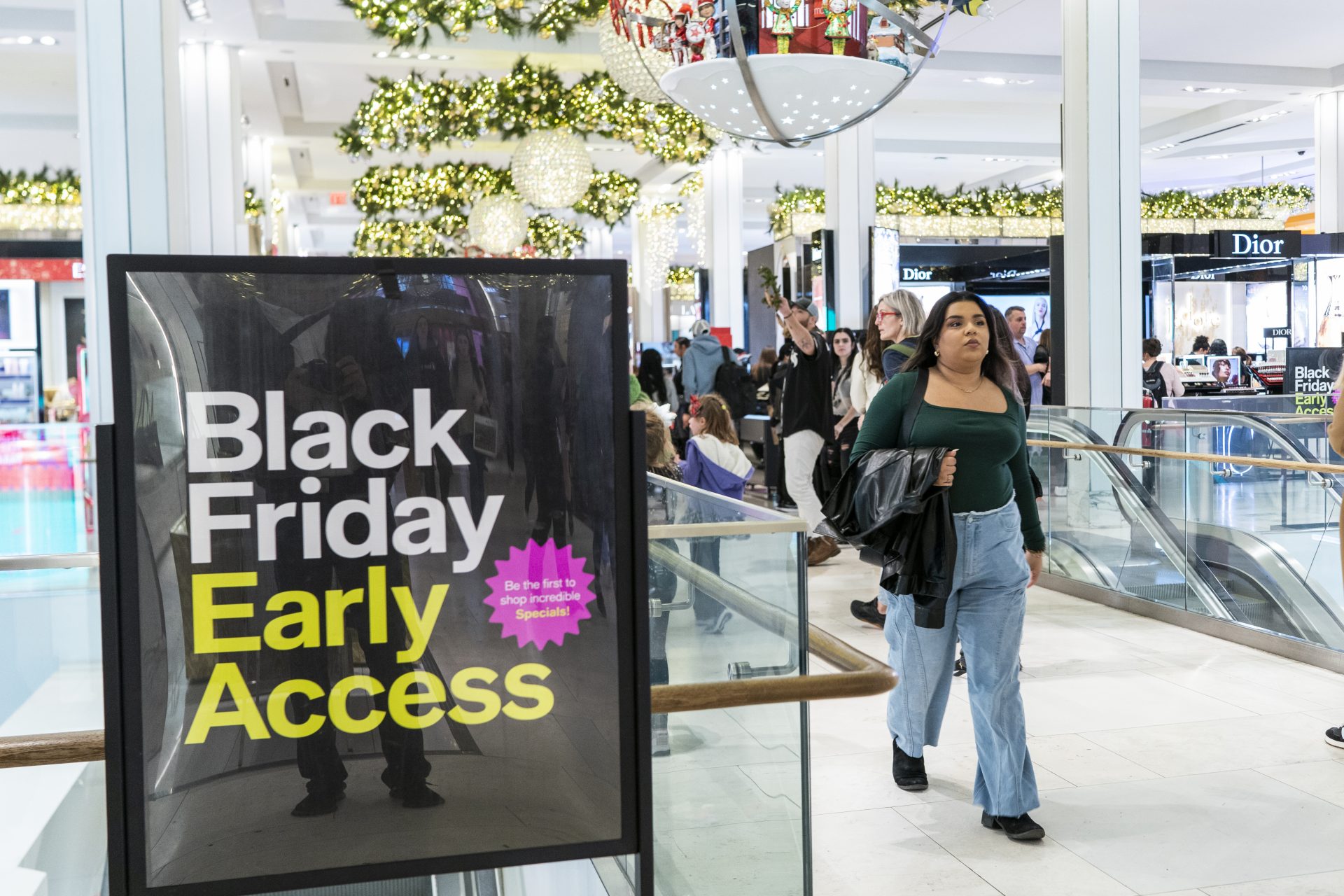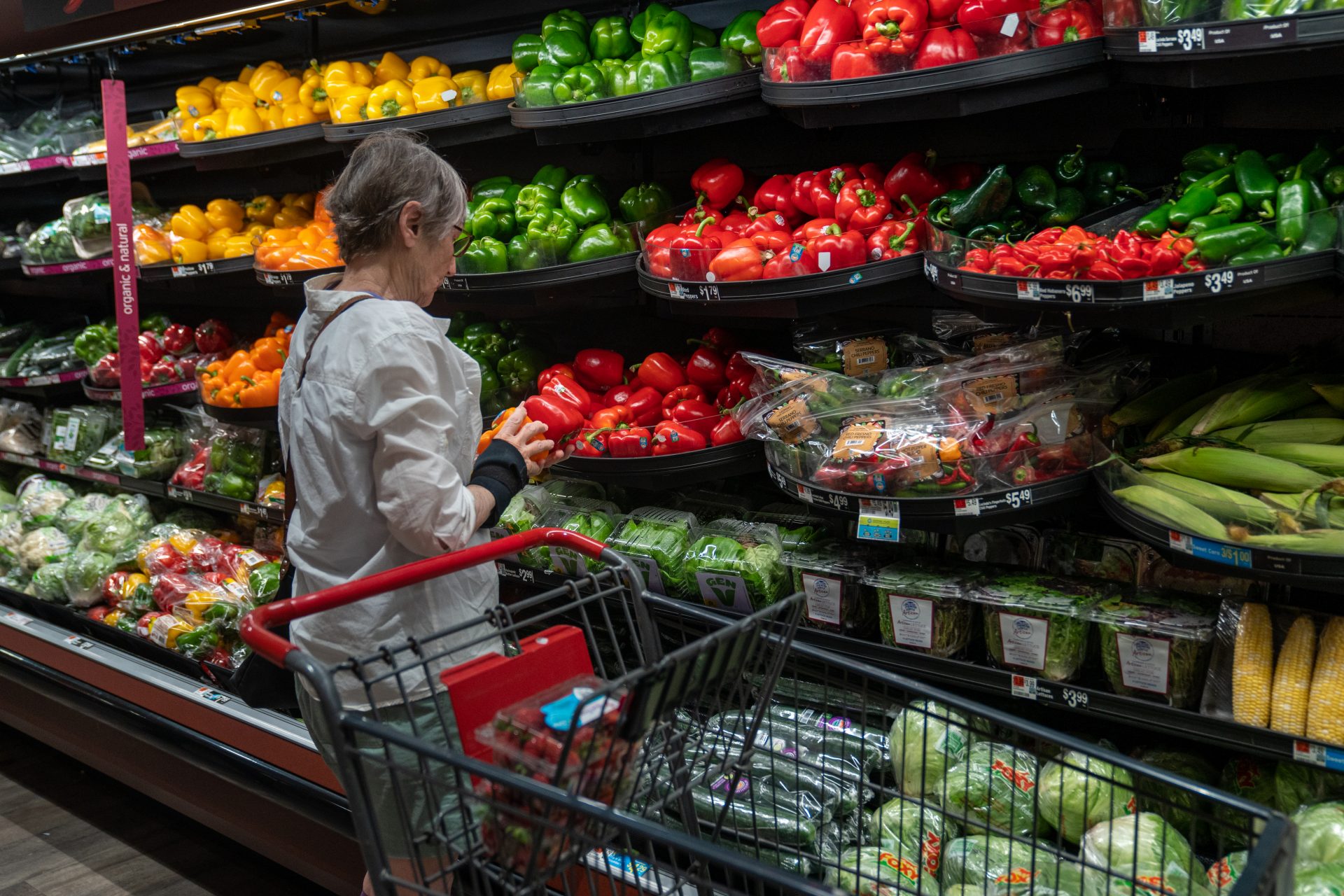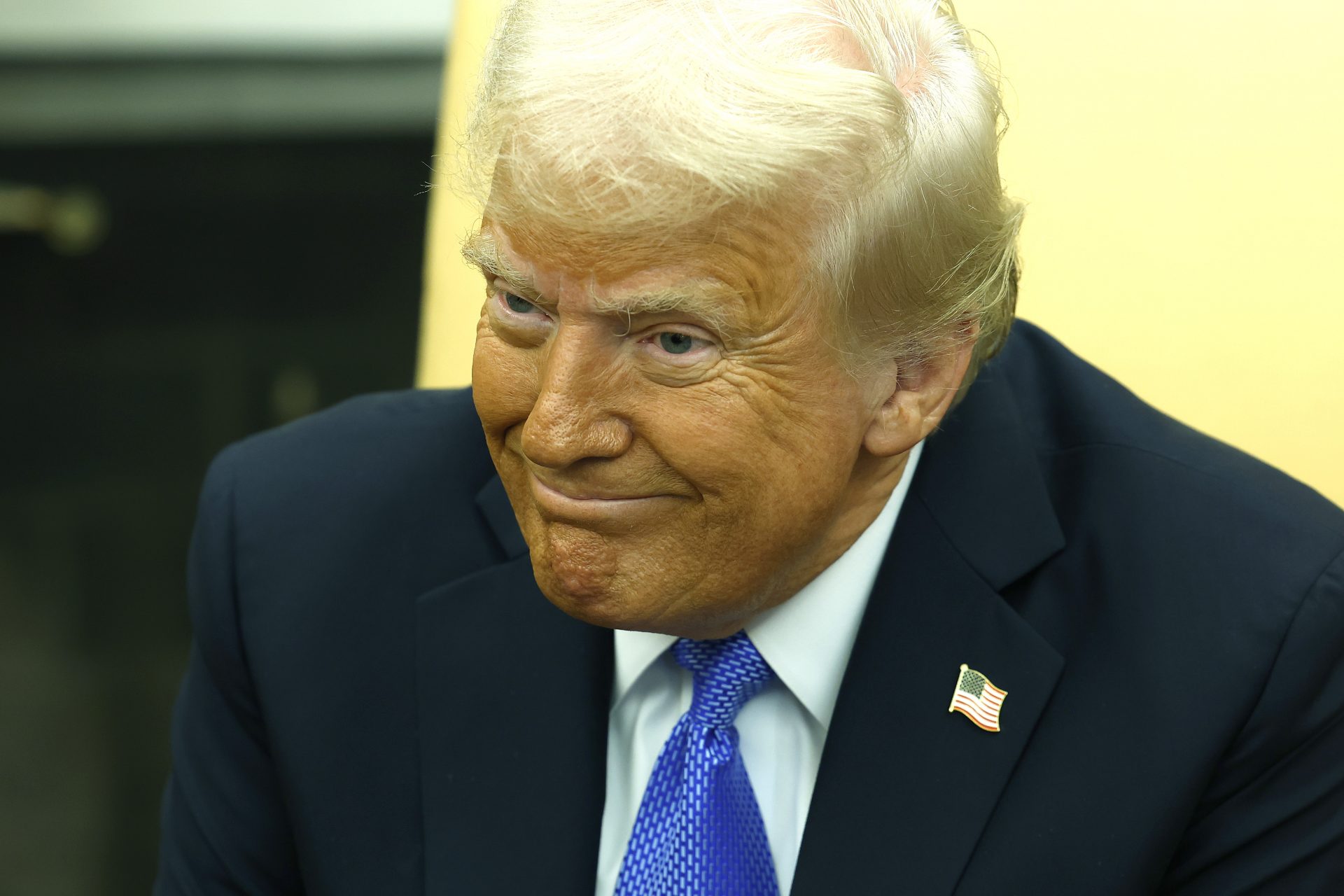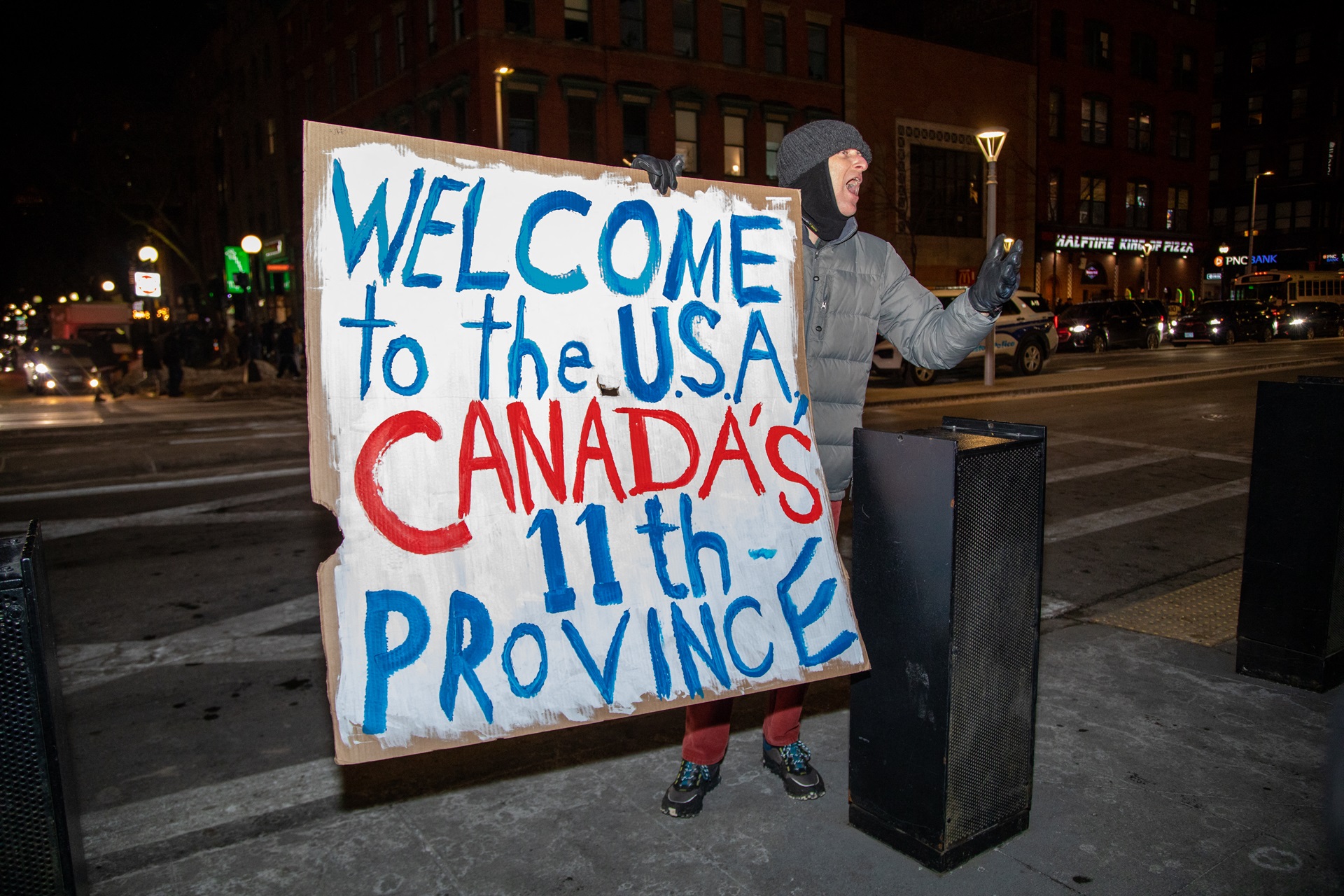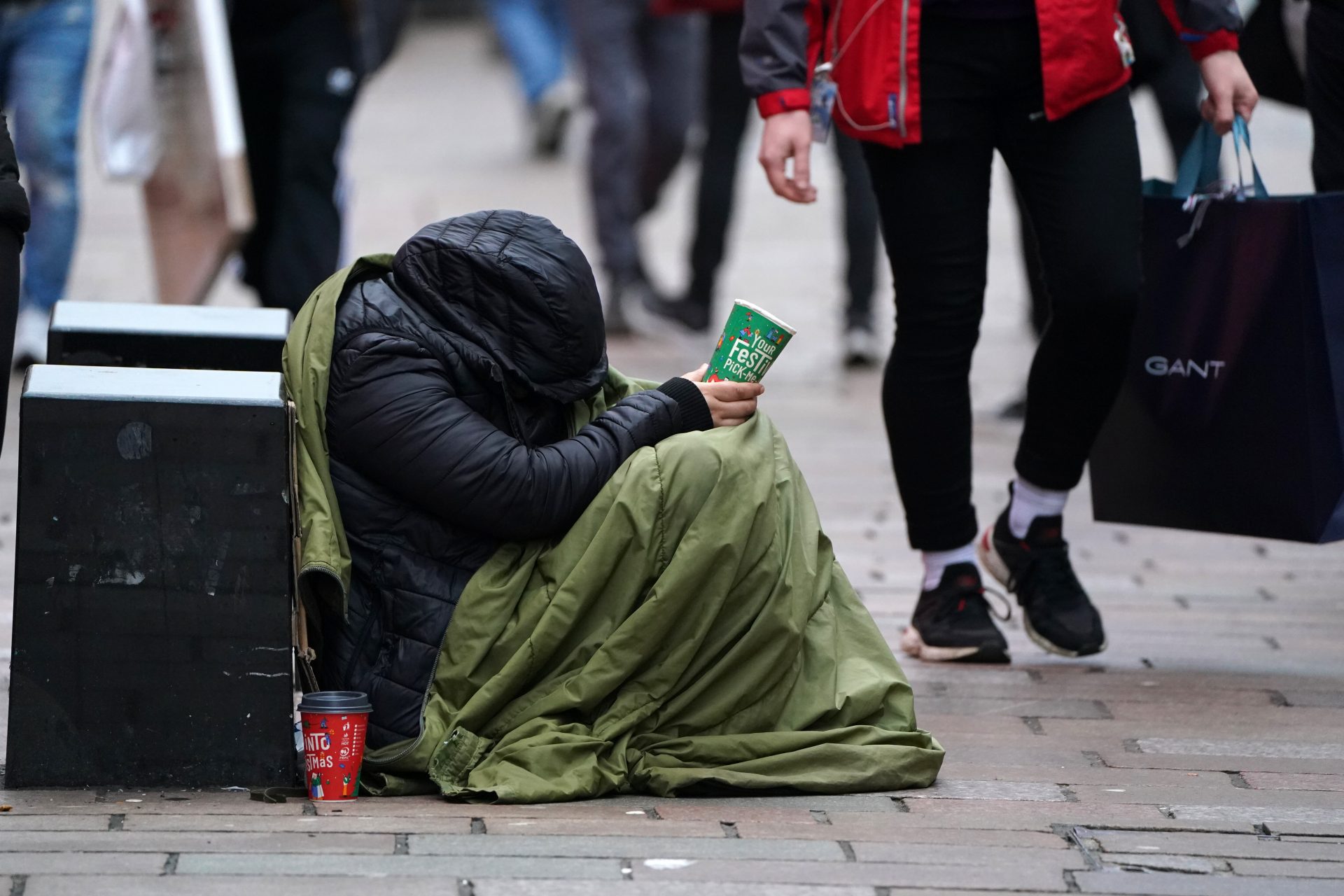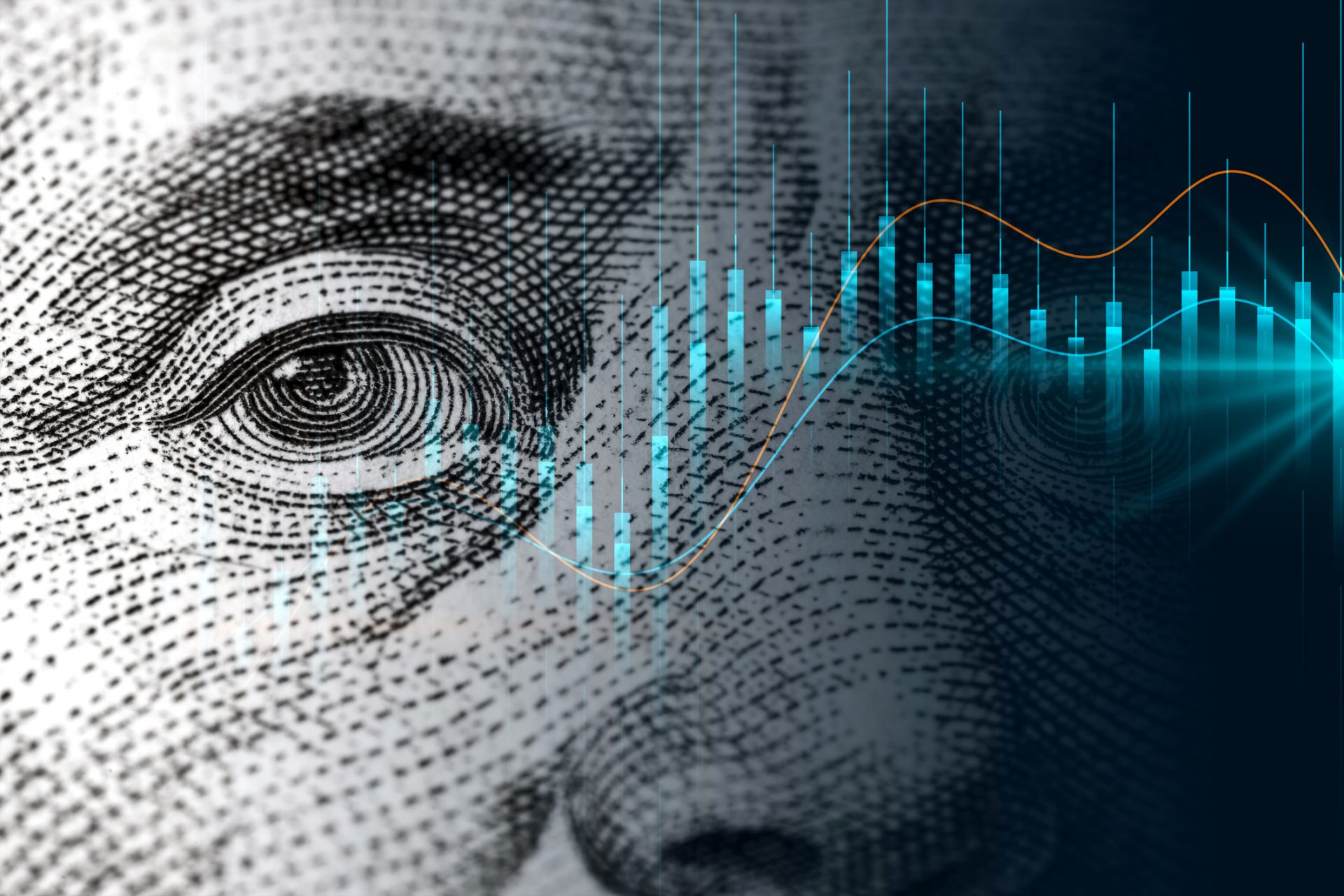The US GDP grew over 3% in 2023, defying recession predictions
According to data from the Commerce Department, the US GDP grew by 3,3% in the last quarter of 2023. It was the final act of a good economic year that defied expectations.
According to The New York Times, economic growth accelerated in 2023, reaching 3.1%, a better rate than the five previous years and up from less than 1% in 2022.
The American economy pushed through harsh conditions to reach that growth: the Federal Reserve constantly raised interest rates to battle inflation, making borrowing money for mortgages, credit cards, or car payments more expensive.
Many analysts believed 2023 would be disastrous; some predicted a recession that never came. But the economy also defied the perceptions of the American public.
Employment was healthy; unemployment was at a record low since 2019, and annual inflation was closer to the 2% target. There were also indications that inequality was shrinking.
So, all economic indicators show that the American economy did great in 2023. Still, every poll showed that the American voters were unhappy with the economy.
According to an AP-NORC poll about public priorities for 2024, the economy is the second issue bothering Americans, just below foreign policy issues.
That sentiment also translates to low approval rates on Biden's economic leadership. According to the Wall Street Journal's chief economics commentator, Greg Ip, it is around 37%.
Ip attributes the negative sentiments about the economy to a more general gloominess about the political and social state of the country. He believes that it reflects a broader pessimism about the nation.
As Ip explained during a WSJ podcast, there is a disconnect between people's perceptions of their individual finances and the national situation. Many see their condition as optimal but complain about the economy.
Another reason for this dichotomy might be how fast inflation grew over a short period. In 2022, prices increased for many necessities like gas and food. It took consumers by surprise.
Experts cited by The New York Times, WSJ, and the LA Times all point out that many consumers point precisely to prices when asked why they believe the economy is doing poorly.
However, consumer statistics show that Americans are still buying at nearly the same rate they did in 2019, which is one of the reasons the economy is doing so well. Prices are high, but people can pay.
Betsey Stevenson, an economist at the University of Michigan, showed her confusion to The New York Times: "People say, 'Economists don't know why we're unhappy? Just look at the prices!' We're looking at the prices and wondering, why are you buying so much stuff?"
Other experts point out how some consumers want the prices to return to what they were before the inflation spike, which will not happen unless the economy starts to decrease alarmingly.
There is also a partisan divide in the perception of the economy. According to the AP-NORC public priorities poll, the economy in general is among Republicans' top concerns, while Democrats focus on the environment or education.
Still, the voters' feelings about the economy will profoundly affect the results of the 2024 presidential elections, regardless of their affiliation.
More for you
Top Stories




